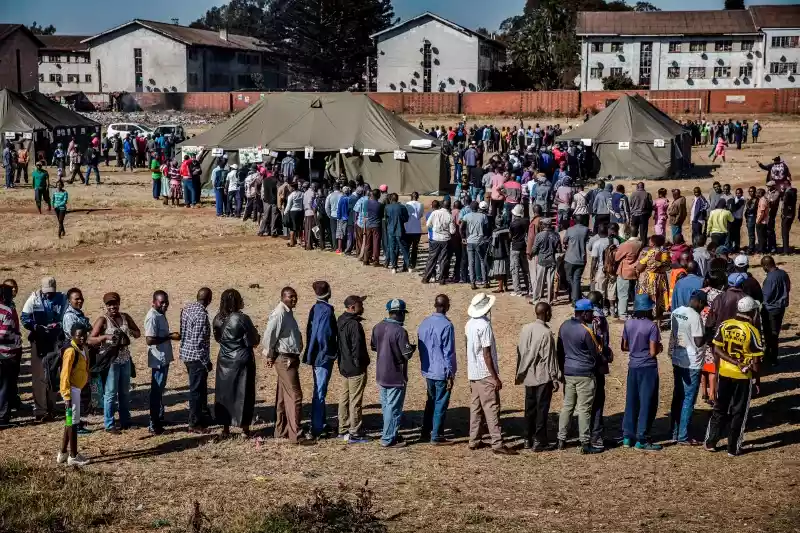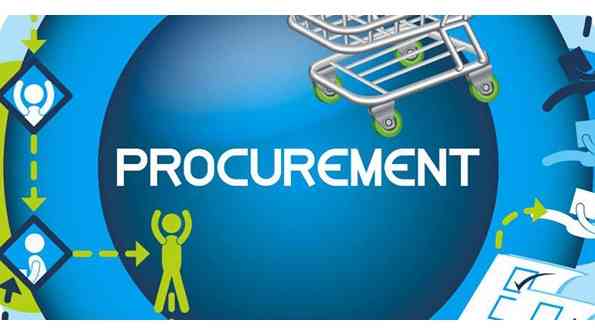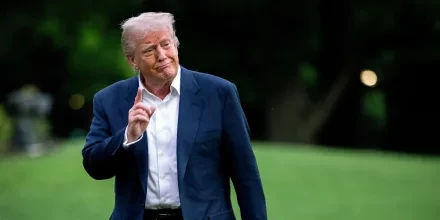
Change is the only constant in life. Presidents come and go from all over the world.
Sure, many Presidents are obsessed with absolute power, plus it appears presidential gaffes can be costly. There was a point when Zimbabweans were euphoric and decidedly pro-Mnangagwa.
Something happened abruptly, after the first Operation Restore Legacy (ORL). I’ll quote myself; two or three years ago as having said that the military’s corporate power in Zimbabwe can only be destroyed by ZANU PF presidents. It turns out to be prophetic and true. The military punches far above political weight. In Saviour Kasukuwere’s letter are echoes of a possible second ORL. This will be relevant in Mnangagwa’s swansong.
What keeps Mnangagwa in power?
Mnangagwa rose to power following the military-assisted transition (MAT) that placed Mugabe under house arrest and forced him to resign. Mnangagwa was on top of his game of the thrones and newspapers could afford to refer him as ‘ED’ in big letters on the front pages.
Something happened fast. The euphoria ended. Human rights abuses and corruption concerns blackspotted the progressive democracy Mnangagwa promised during his inauguration on 24 November 2017. Fast-forward to 2018, Mnangagwa was kept by the declining stockholder power of the military. He retired most of those involved in the MAT, some joined government, and others like Rugeje lost grip on key party structures.
Vice President Constantine Chiwenga is likely to resign if the removal of the running clause is used to demonstrate a fallout with Mnangagwa. The same could happen to key military officials who became ambassadors who could be retired and sent to political oblivion. While Mnangagwa is now dependent on the briefing by the Intelligence Services following the removal of Minister of State Security Owen Ncube, the Intelligence Services still hold some influence over other security institutions. Mnangagwa’s clip doing the rounds on social media seems to suggest that he has lost confidence in the voting pattern of other security institution such as Zimbabwe Republic Police (ZRP) and Zimbabwe Prisons and Correctional Services (ZPCS).
This in a way could be a vote of no confidence on key institutions that keep him in power such as the Joint Operation Command (JOC). This loss in confidence could also emanate from the increasing influence of the FAZ in ZANU PF’s election issues. This in a way is reflective of how Mnangagwa has managed to outwit even the Zimbabwe Defence Forces (ZDF).
- Young vocalist making southern Africa dance
- Business opinion: Branding in the age of entrepreneurship and industrialisation (Part 6)
- Corruption Watch: Get scared, 2023 is coming
- Business opinion: Branding in the age of entrepreneurship and industrialisation (Part 6)
Keep Reading
Can he win the 2023 elections?
Mnangagwa is likely to win the 2023 elections based on four key points linked to the military, Saviour Kasukuwere and Nelson Chamisa’s fatal mistakes. Firstly, if FAZ or the Intelligence Services manage to arrest Kasukuwere, Mnangagwa could be the first beneficiary. We’ve not heard a lot about JOC, pointing to a huge fallout among the security institutions.
That is the type of challenge Mnangagwa can only deal with. If Mnangagwa wins the election, it would mean that all the security institutions and their leaders would be dead and buried. This would lead to significant resignations, perhaps even for reasons of leaving their legacy intact. Secondly, Saviour Kasukuwere can give Mnangagwa some huge political lifeline.
Mnangagwa lost close to 600000 votes to Nelson Chamisa owing to the difference between his MPs’ total vote and his own vote.
This was a clear protest vote from his party supporters or perhaps those labelled as G40 cabal who loved ZANU PF as a system but didn’t want Mnangagwa as an individual leader. Kasukuwere could thus win some 12 percent of the presidential vote if we divide Mnangagwa’s vote into the five million registered voters. The same script could be repeated in 2023.
While about 300000 voters separated Mnangagwa and Chamisa, Kasukuwere can help Mnangagwa by claiming some 12-16 percent of the vote. With about 3million votes likely to be from the rural areas, Mnangagwa’s ZANU PF might get half of that vote and Kasukuwere some 500000. Chamisa could take one million or lesser. The urban vote has around 1600000 voters and Chamisa could get 1300000 votes because he is popular in the urban areas.
This could give Mnangagwa more than the 300000 winning votes. The presumption in Mnangagwa’s cabal label is that those who didn’t vote him are G40s. If Chamisa loses the votes Kasukuwere, then Mnangagwa wins easily with some margin. Thirdly, Chamisa seemed to have lost a man who gives ZANU PF and Mnangagwa a torrid time around accountability, transparency, and responsiveness in areas of protecting human rights and ending grand corruption, Tendai Biti.
Biti is also considered as an expert in good governance by countries such as the United States. Even when he was arrested on countless times, governments which knew of Biti’s good governance demands such as the USA could issue communiques on how to deal with both Zimbabwe and Zambia. This is clear that losing Biti could be a fatal mistake and ZANU PF can gladly play a fool’s checkmate on CCC. A reading of the late Dhewa Mavhinga and Biti’s presentations on the Future of Zimbabwe should’ve guided Chamisa on how to deal with Biti’s legislative candidature.
Can Mnangagwa be disqualified?
Yes, and without a shadow of doubt. Mnangagwa is currently not a Head of Government or State following the declaration of the election dates. He is only an administrative President riding on the other constitutional arm of commander-in-chief of the Defence Forces. Whoever is advising him to arrest Kasukuwere is setting him up for disqualification according to the electoral laws. Criminal laws aren’t operative now.
Kasukuwere was duly nominated and Mnangagwa or the Intelligent Services cannot violate electoral laws. Even ZANU PF as the ruling party risks losing its legitimacy by insisting that Kasukuwere would be arrested to pave way for Mnangagwa’s victory.
The electoral laws are clear. If Mnangagwa’s administrative presidency oversees Kasukuwere’s arrest, Mnangagwa would be disqualified in terms of the electoral law. This would also make Mnangagwa lose credibility in SADC and the international community. Even South African ANC and its vocal Secretary General’s loud diplomacy wouldn’t be able to save Mnangagwa.
While the Intelligence Services and the other security institutions are given underworld powers by the Constitution to arrest people accused to be real or perceived threats to security, there seems to be abrasion or kukwesherana between the Intelligence and other security institutions elbowed out as shown above. If a second restore order operation comes, Mnangagwa can easily be removed.
This is because of the parallel structures under many wings like pastors, mahwindi, and stuff for ED. These wings can be interpreted as political party structures that could lead to Mnangagwa’s self-expulsion from ZANU PF. While Mnangagwa would be required to apply for readmission to
ZANU PF, Kasukuwere could’ve the last laugh because he could simply be appointed the next President. He was expelled by the party, and he categorically indicated that he is still ZANU PF, and his independent candidacy is only motivated by the fact that Mnangagwa has lost it. Add the Msengezi case and you see that what happened to MDC-A can still serve as a precedent in ZANU PF.
Is it Mnangagwa’s swansong?
If Mnangagwa win without JOC, it means JOC would be gone and FAZ would’ve fought gravel politics well. Kasukuwere’s vote could be lost especially in Mashonaland Central because the province has not forwarded his name to ZANU PF to be cleared of any wrongdoing.
Plus, the increasing number of candidates aligning with Kasukuwere could backfire and cost Kasukuwere some votes. This could give Mnangagwa a lifeline but could gift Chamisa.
Mnangagwa might, and I mean, might get a benefit of the doubt. In Shona, haachadiwi zvake, but there are those who can’t adamantly say he failed, especially looking at his economic policies and changes in ZANU PF’s culture of looting from the masses. Mnangagwa has a policy of ‘it’s cold outside ZANU PF’ for many who use ZANU PF to commit atrocities.
ZANU PF under Mugabe gave its supporters open defiance which was massively serious.
Mnangagwa appears serious in abandoning those who engage in violence in ZANU PF’s name. I think those in Binga can testify to this. He has effectively diluted powers within ZANU PF and security institutions. Some would even be surprised that he could stay in Bulawayo State House unlike his predecessor.
This significantly puts him closer to Matabeleland people who feel he has tried to engage them following the massacre of 20 000 civilians in Matabeleland and Midlands during the Gukurahundi disturbances. One possible route to also avoid a swansong is to field a weaker candidate in Norton because Themba Mliswa fights for every Mnangagwa’s day. In all this, Chamisa should self-introspect.
The villagers have a saying that, ‘if you see your enemy celebrating your errors, prepare to fight hard.’ Mugabe failed to see redlights, and Chamisa shouldn’t be regarded as another Mugabe progeny. The Biti question remains the big person mistake. How do you make a strategic position that makes your opponent happy?
Look at how that decision has emboldened your enemy.
It’s like seeing a wizard buying an energy drink the moment you scold them!
What made Mugabe fall chingangodonhedzawo Chamisa, that is, the belief that both leaders don’t balance organic and inorganic leadership well. And Kasukuwere is also coming to talk about tribalism or its existence. He forgets that when he had power, he was busy creating employment for other provinces outside Mashonaland Central?
He forgot that he was the youngest MP in ZANU PF’s history who rose within the ranks meteorically. It would be difficult for him to use the tribal card for the people he didn’t develop.
Worse still, telling them that they should vote for you!
- Hofisi is a lawyer, conversationalist and transdisciplinary researcher. He has interests in governance and international law. — [email protected]











